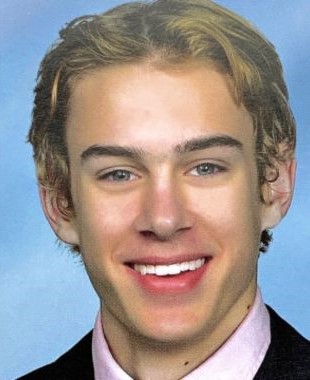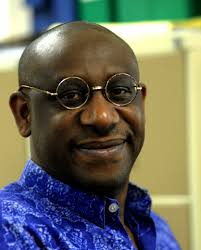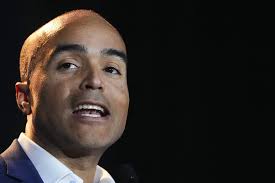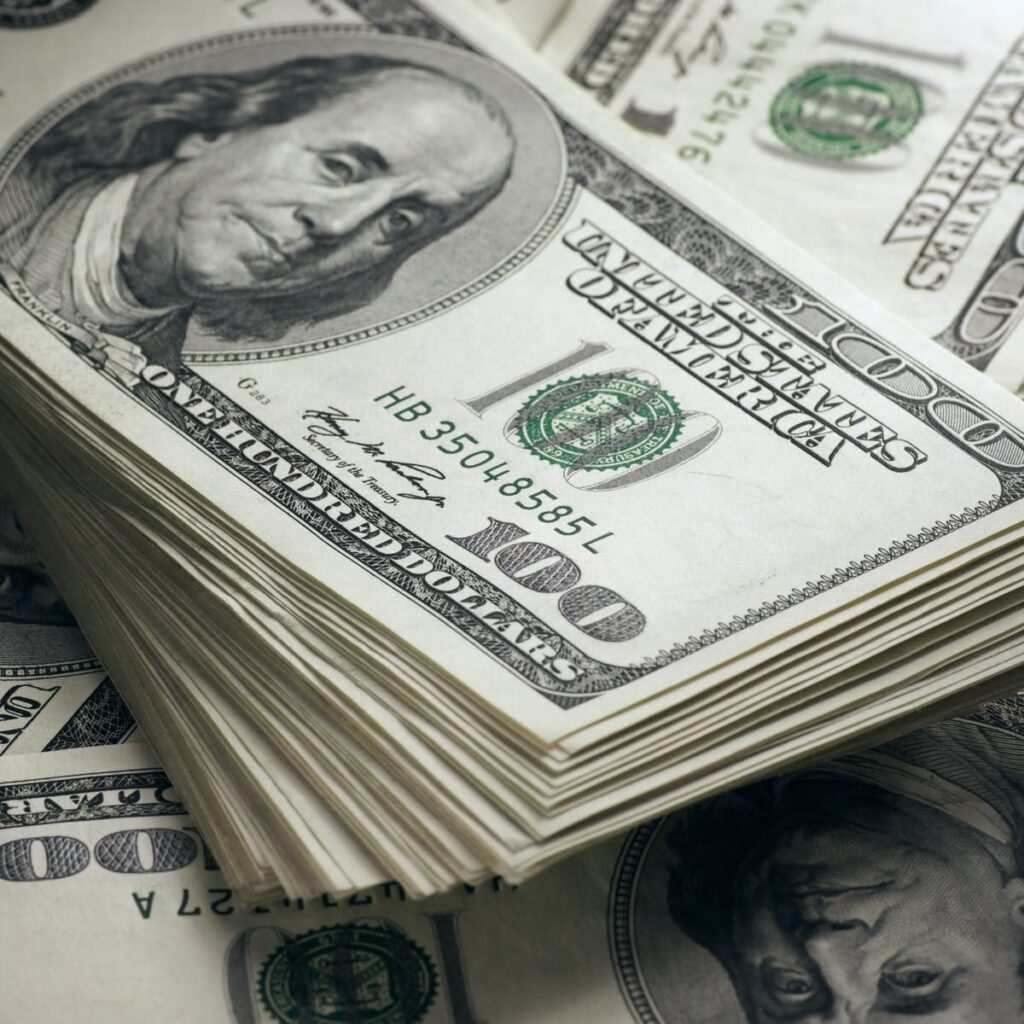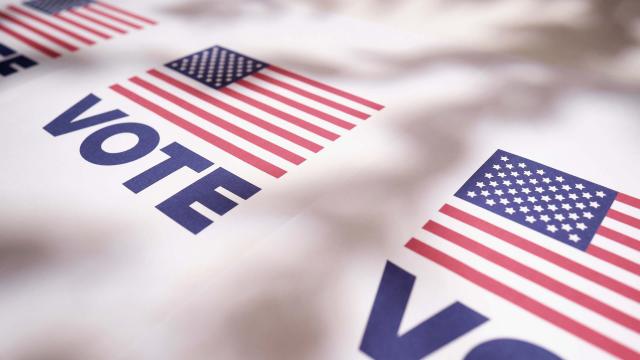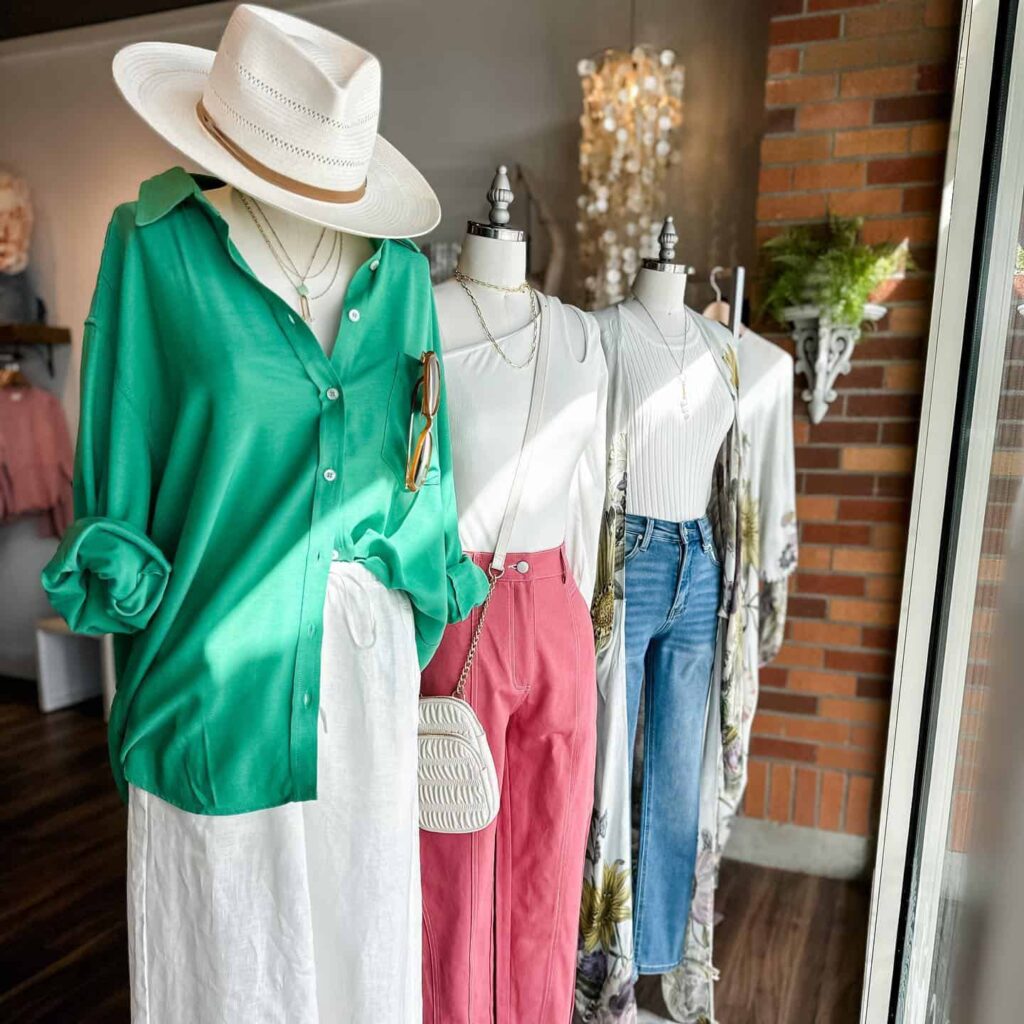Stockton carries Spokane’s basketball torch

Stockton was a ten-time NBA All-Star and holds the NBA records for most career assists and steals by wide margins. He was inducted into the Hall of Fame in 2009 for his individual career, and again in 2010 as a member of the 1992 US Olympic basketball team
SPOKANE
Regarded as one of the greatest point guards of all time, John Houston Stockton spent his entire NBA career (1984–2003) with the Utah Jazz, and the team made the playoffs in all of his 19 seasons. In 1997 and 1998, together with his longtime teammate Karl Malone, Stockton led the Jazz to the franchise’s only two NBA Finals appearances, both of which ended in losses to the Chicago Bulls.
Stockton was a ten-time NBA All-Star and holds the NBA records for most career assists and steals by wide margins. He was inducted into the Naismith Memorial Basketball Hall of Fame in 2009 for his individual career, and again in 2010 as a member of the 1992 United States Olympic basketball team. In 1996, he was named one of the 50 greatest players in NBA history. In October 2021, Stockton was again honored as one of the league’s greatest players of all time by being named to the NBA 75th Anniversary Team.
Stockton was born and raised in Spokane, Washington to Clementine (née Frei) and Jack Stockton. He attended grade school at St. Aloysius and moved on to high school at Gonzaga Prep and graduated in 1980, after breaking the city record for points scored in a single basketball season. After considering offers from Don Monson at Idaho and Mike Montgomery at Montana (both in the Big Sky Conference), Stockton decided to stay in Spokane and play college basketball for Dan Fitzgerald at Gonzaga University. He became the third generation in his family at GU; grandfather Houston Stockton was a well-known football player for the Bulldogs in the 1920s. Fitzgerald was also the athletic director; he stepped away from coaching for four years after Stockton’s freshman year and promoted assistant Jay Hillock to head coach.
During his senior year for the Bulldogs in 1984, Stockton averaged 20.9 points per game shooting 57% from the field. The Zags posted a 17–11 record, their best in 17 years, and Stockton led the West Coast Athletic Conference in scoring, assists, and steals. For his performance, he was named WCAC Player of the Year, the first-ever Gonzaga player to earn the award. He was one of 74 college players invited to the spring tryouts for the 1984 US Olympic team coached by Bob Knight.Stockton made the initial cut in April to the final 20, but was one of four released in May (with Charles Barkley, Terry Porter, and Maurice Martin) in the penultimate cut to 16 players. Though not selected, the experience led him to meet his future teammate and friend, Karl Malone. In June 1984, Stockton was selected by the Utah Jazz in the first round of the 1984 NBA draft as the 16th overall pick. Though he was relatively unknown during his college career, his stock rose significantly in the months before the NBA draft. Nevertheless, the announcement of his selection to the thousands of Jazz fans gathered at the Salt Palace on draft day was met with a stunned silence. On November 10, 1984, Stockton had his highest scoring game as a rookie, with 19 points in only 19 minutes of playing time, during a loss against the Denver Nuggets.
Stockton became the starting point guard for the Jazz in the 1987–88 season. That season, despite eventually finishing tenth in MVP voting and being named to the All-NBA Second Team after averaging 14.7 points, 13.8 assists (best in the league), and 3 steals a game, Stockton was not selected to play in the 1988 NBA All-Star Game. In 1988–89, he played in his first All-Star Game; that season he also led the league in steals per game (while once again leading the NBA in assists per game, which he would do for nine consecutive seasons). Stockton also led the league in steals per game in 1991-92.
On January 15, 1991, Stockton scored 20 points and dished out a career-high and franchise-record 28 assists in a 124–102 home win against the San Antonio Spurs. On February 12, Stockton nearly recorded a triple-double after putting up 19 points, 11 assists, and 9 steals in a 113–92 win over the Houston Rockets. In 1992, Stockton and the Jazz reached the Western Conference Finals for the first time; however, they were defeated by the Portland Trail Blazers in six games. Along with Malone, Stockton was named co-MVP of the All-Star Game in 1993 and the game was held in Salt Lake City.
During the 1994–95 season, Stockton achieved many milestones. On February 1, 1995, he passed Magic Johnson (who had 9,921 assists) as the NBA’s all-time leader in assists as he dished out 16 assists in a 129–98 victory over the visiting Denver Nuggets. His 16 assists gave him 9,937 assists for his career at that time. Magic Johnson, in an interview, said to Stockton, “John, from one assist man to another, you are the greatest team leader I have ever played against.” Seventeen days later, Stockton dished out 15 assists in a 108–98 victory over the Boston Celtics. His 15 assists gave him a career total of 10,008 assists, the first-ever player to have dished out 10,000 assists in his career.
On March 25, Stockton became just the second player in NBA history to have recorded 2,000 steals after recording 6 steals in a 117–110 loss to the Dallas Mavericks. Stockton and the Jazz reached the Conference Finals again in 1994 and 1996, but lost to the Houston Rockets and the Seattle SuperSonics, respectively. Utah set a franchise record and led the Western Conference with 64 wins in the 1996–97 season. The team again reached the Western Conference Finals. In Game Six of the Conference Finals, Stockton scored 25 points, dished out 13 assists, and made a buzzer-beating, game-winning three-point shot over the Rockets’ Charles Barkley to send the Jazz to the first of two consecutive NBA. Finals appearances.
Stockton’s game-winner became known as “The Shot”. In Game 3 of the 1997 NBA Finals, Stockton recorded 17 points, 7 rebounds, and 12 assists in their first Finals’ win in franchise history. The Jazz were defeated by the Michael Jordan-led Chicago Bulls in six games in the Finals. Stockton missed the first 18 games of the 1997–98 season with a knee injury, but the Jazz returned to the NBA Finals and again faced the Bulls. In Game 6 of the 1998 NBA Finals, Stockton made a three-pointer with 41.9 seconds left to give the Jazz a lead, but Bulls guard Michael Jordan made two field goals to put his team ahead 87–86. Stockton missed a three-point attempt with 5.2 seconds left and said in a post-game interview that he felt confident the shot would go in. The Bulls again defeated the Jazz in six games.
The Jazz made the NBA playoffs every season during Stockton’s 19-year NBA career. On May 2, 2003, Stockton announced his retirement with a released statement instead of the customary news conference. The Jazz later held a retirement ceremony for him, in which Salt Lake City renamed the street in front of the venue known as Delta Center, where the Jazz play, John Stockton Drive. Stockton would later declare that despite being still content with the game and how well he was playing, his growing family made him feel that “sitting in the hotel room waiting for games wasn’t making up for what I was missing at home.”
Stockton’s number 12 jersey was retired by the Jazz during a game on November 22, 2004. A statue of Stockton can be seen in front of the Delta Center; an accompanying statue of Karl Malone was placed nearby on March 23, 2006. The Malone and Stockton statues stand on a bronze plaque commemorating their achievements together. Stockton was inducted into the Naismith Memorial Basketball Hall of Fame in 2009. Stockton was also inducted into the Hall of Fame along with the rest of the 1992 United States men’s Olympic basketball team in 2010.
Stockton was notable for his durability, missing only 22 games in his 19-season career and playing every game of 17 seasons. In his first 13 seasons, he missed only four games (all in the 1989–90 season) until he missed the first 18 games of the 1997–98 season due to an injured MCL in his left knee sustained in the preseason. That was the only major injury in his career, and he never missed another game after returning from that injury.Stockton earned the “old school” tag for his physical play; surveys of athletes and fans alike often judged him among the toughest players in the NBA, usually just behind teammate Karl Malone. Stockton’s tenacity also earned him a reputation among some in the league as being a dirty player, as suggested by a poll Sports Illustrated conducted in 1997 where he was voted as the second dirtiest player in the league behind Dennis Rodman. His patented “short shorts” became known as “Stocktons”—since he continued to wear the style long after the rest of the league had adopted a baggier look.
Stockton’s career is also notable for its consistency and longevity. He remained a starting NBA player until his retirement at age 41. Stockton avoided most endorsements and stayed loyal to Utah despite being offered more money by other teams. In 1996, he agreed to a deal that made salary-cap space available so the team could improve, but in exchange, he insisted on guaranteed Delta Center ice time for his son’s hockey team.
For many years, Karl Malone and Stockton were the Jazz’s one-two punch. The two played a record 1,412 regular season games together as teammates. Many of Stockton’s assists resulted from passes to Malone. Stockton and Malone have been described as the greatest pick-and-roll combination of all time. Stockton and Malone are also considered the two best players to never have won an NBA championship.
Stockton holds a commanding lead for the NBA record for career assists with 15,806. He was the first player to reach the 10,000 through 15,000 career assist milestones. Stockton also holds the record for assists-per-game average over one season (14.5 in 1990) and is one of three players who have logged more than 1,000 assists in one season, joining Kevin Porter (1,099 in 1979) and Isiah Thomas (1,123 in 1985) in the exclusive list. Stockton did this seven times, with season totals of 1,164, 1,134, 1,128, 1,126, 1,118, 1,031 and 1,011 assists.
On defense, Stockton holds the NBA record for career steals with 3,265. Stockton was also a capable scorer (13.1 points per game career average and a 51.5 career shooting percentage) with a reliable three-point shot (38.4% lifetime average). As of February 2023, he is 55th on the all-time NBA scoring list with 19,711 career points.
Ends


